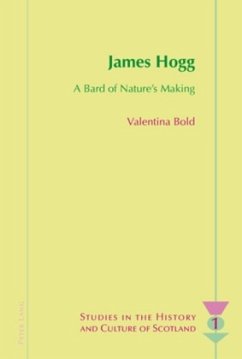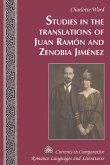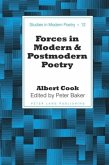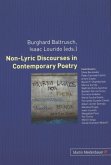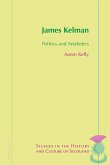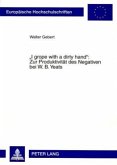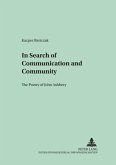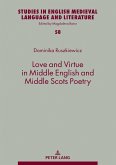This book sheds new light on James Hogg, the Scottish poet (1770-1835), going beyond the 'Ettrick Shepherd' stereotype. By focussing on Hogg's poetry (Scottish Pastorals, The Queen's Wake, Jacobite Relics, Queen Hynde, Pilgrims of the Sun) it shows that his work, and the critical response to it, was significantly shaped by the concept of the autodidact: a working-class writer who was considered to be a poet of 'Nature's Making'.
The image of the autodidact is pursued from its beginnings - Ramsay's Gentle Shepherd, Macpherson's Ossian, Burns as 'ploughman poet' - through its development in the nineteenth century, to its last gasps in the twentieth. Poets considered include Isobel Pagan, Janet Little, William Tennant, Allan Cunningham, Robert Tannahill, Janet Hamilton, Ellen Johnston, Elizabeth Hartley, Alexander Anderson, David Gray, David Wingate and James Young Geddes. Despite facing difficulties, autodidacts produced some of the most innovative and exciting poetry of the nineteenth century.
The author argues that the autodidactic tradition, exemplified by Hogg, nurtured the creative vigour manifested in twentieth-century Scottish poetry. While Scotland's autodidacts shared poetic concerns and techniques, they were characterised, above all, by diversity of poetic voice.
The image of the autodidact is pursued from its beginnings - Ramsay's Gentle Shepherd, Macpherson's Ossian, Burns as 'ploughman poet' - through its development in the nineteenth century, to its last gasps in the twentieth. Poets considered include Isobel Pagan, Janet Little, William Tennant, Allan Cunningham, Robert Tannahill, Janet Hamilton, Ellen Johnston, Elizabeth Hartley, Alexander Anderson, David Gray, David Wingate and James Young Geddes. Despite facing difficulties, autodidacts produced some of the most innovative and exciting poetry of the nineteenth century.
The author argues that the autodidactic tradition, exemplified by Hogg, nurtured the creative vigour manifested in twentieth-century Scottish poetry. While Scotland's autodidacts shared poetic concerns and techniques, they were characterised, above all, by diversity of poetic voice.
«The book's examination of Hogg's reception and literary myth-making contributes to a much-needed reassessment of his reputation and the broader implications for other writers. Critisism of Hogg has tended to address his fiction, making Bold's in-depth analysis of his poetry very welcome.» (Suzanne Gilbert, The Bottle Imp)

